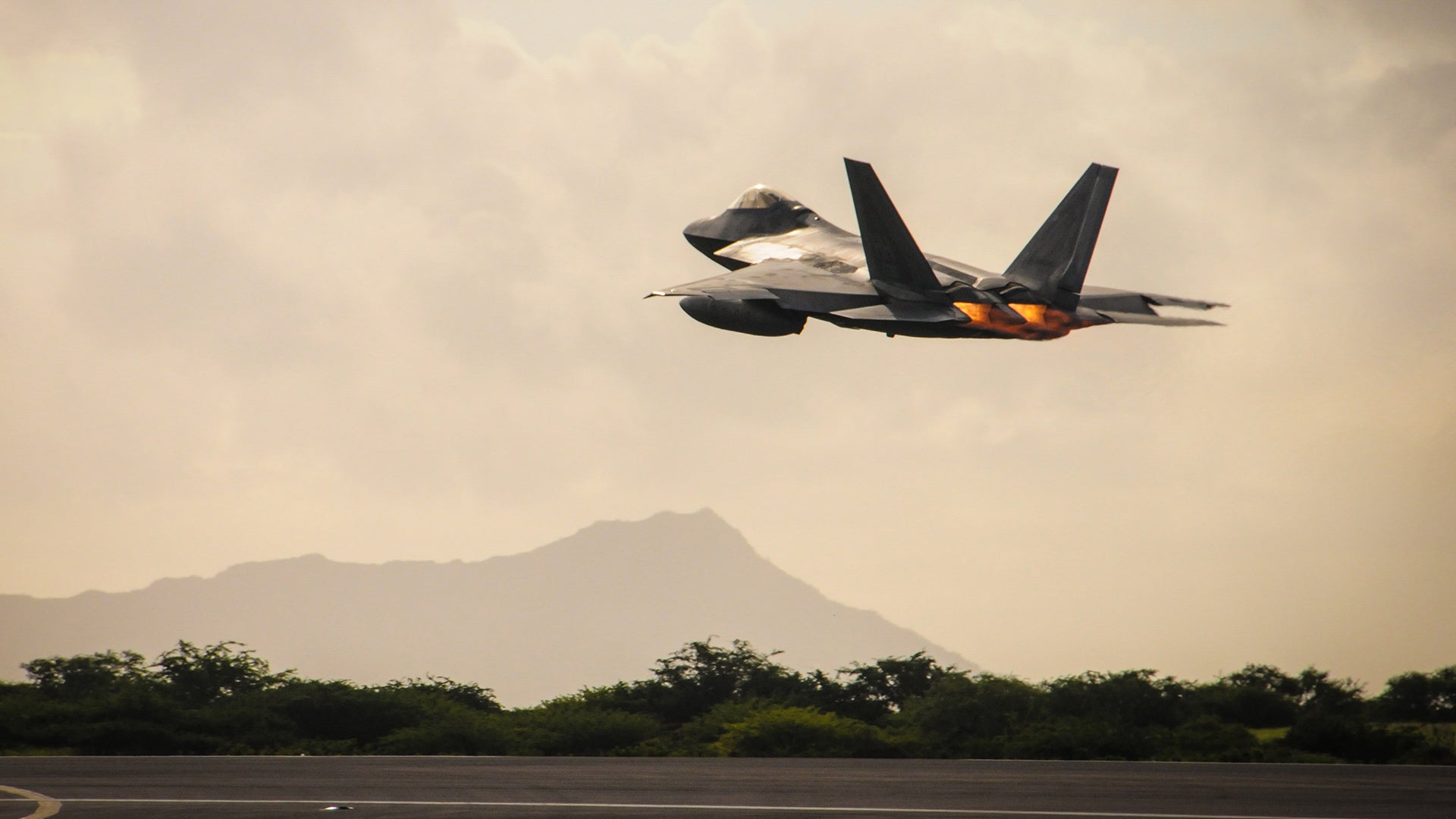A pair of F-22 Raptors were launched on an alert scramble out of Joint Base Pearl Harbor-Hickam on Sunday at around 4:00 PM local time. A third F-22 joined the mission about an hour after pair’s departure. A KC-135 was also launched to support the fighters. Hawaii News Now reports that the scramble, described as an “irregular patrol,” was initiated at the request of the Federal Aviation Administration, which reported an ‘incident,’ although nobody is providing any clear information in regards to what that catalyst for the prolonged scramble mission was.
The 199th Fighter Squadron, a Hawaii Air National Guard unit that is part of the 154th Wing based at Hickam Air Force Base, provides the alert capability for the state, with at least two jets equipped with full armament and wing tanks are always on standby to scramble, along with at least one spare.
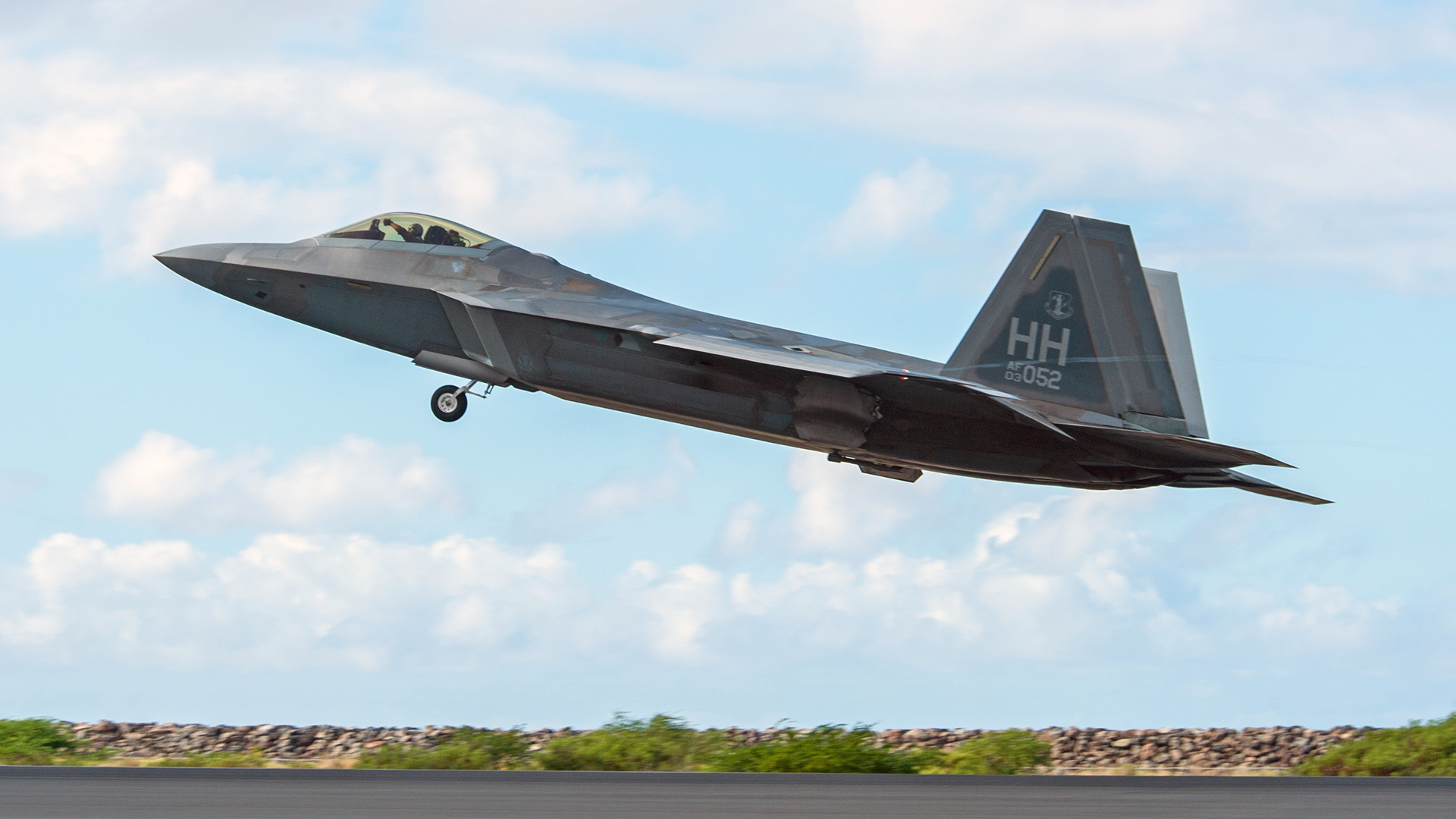
Scrambling on request of the Federal Aviation Administration (FAA) is not uncommon. It happens for things like potential security situations aboard airliners or to provide eyes-on to stricken aircraft or even to investigate unidentified aircraft. You can hear just what this process is like in this past special feature of ours.
Hawaii’s F-22s are also tasked with intercepting unknown or potentially threatening aircraft approaching the air defense identification zone (ADIZ) that surrounds the islands.
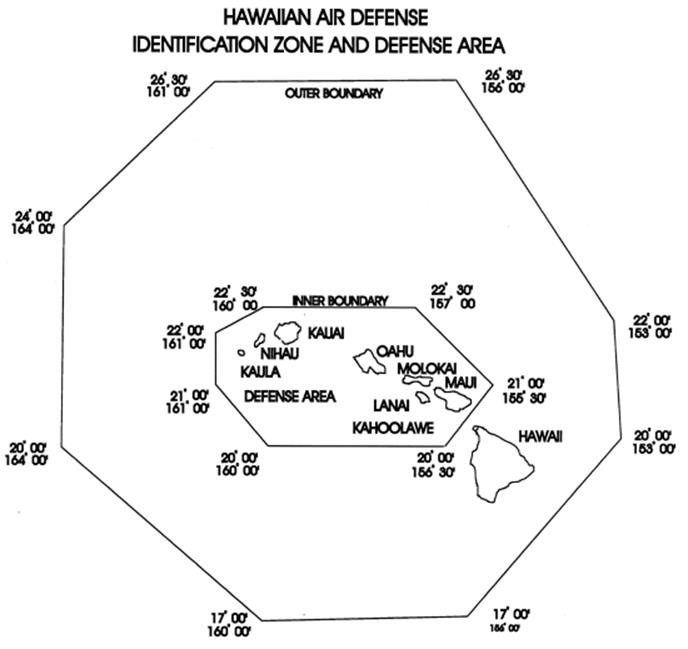
What’s odd here is that usually there is fairly straightforward messaging regarding these events. Even when Russian bombers, fighters, and surveillance aircraft approach U.S. shores, the U.S. military is usually open about the encounters. As to why this intercept is not being addressed clearly is somewhat puzzling, but there could be national security issues involved that make issuing an immediate and detailed response problematic. This is likely the case based on a cryptic statement that The Star Advisor obtained:
The Hickam-based Air Force command added that the FAA requested that U.S. Indo-Pacific Command “conduct an irregular air patrol and the situation resolved, prompting the fighters and a KC-135 Stratotanker (a refueling plane) to return to base. We cannot discuss further specifics of the situation.”
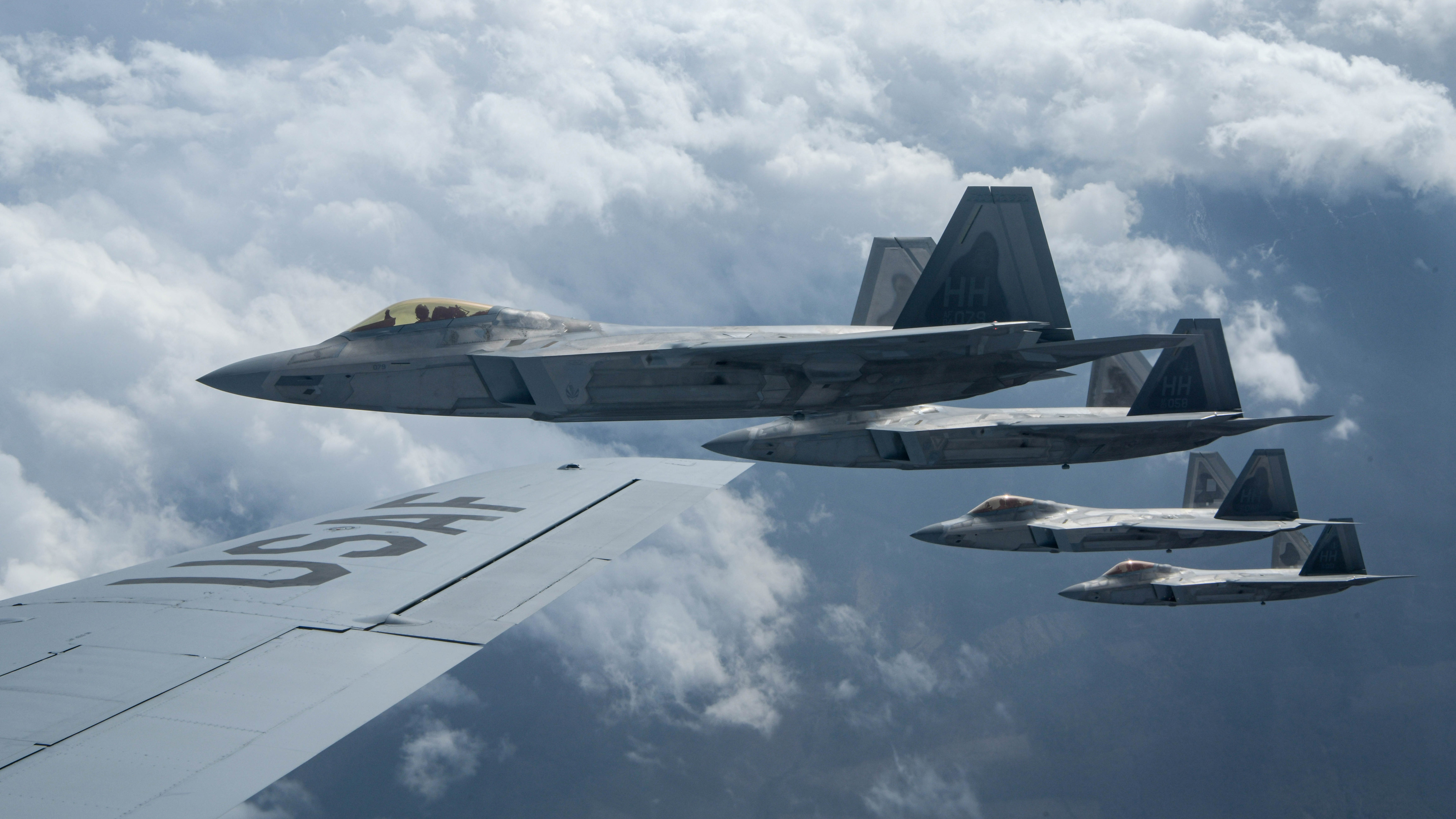
Clearly, due to the strategic nature of the Hawaii and the stretches of water that surround it, it means that it is of high interest of foreign adversaries that have a presence in the Pacific. Still, its remote location make even long-range patrols a significant operation. This is largely a capability that is only executed by Russia, although Chinese long-range bombers and cargo aircraft have been venturing farther east in recent years.
We have reached out to the FAA and the Pacific Air Forces for more information and have submitted a Freedom Of Information Act request with the FAA regarding the scramble. We will let you know more when we get it.
UPDATE:
We recieved a reply from the FAA that is almost comical in its brevity and opaqueness:
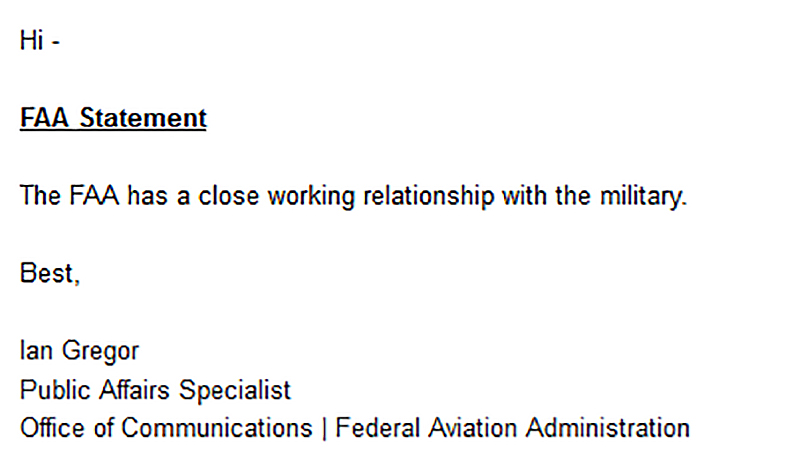
Contact the author: Tyler@thedrive.com
